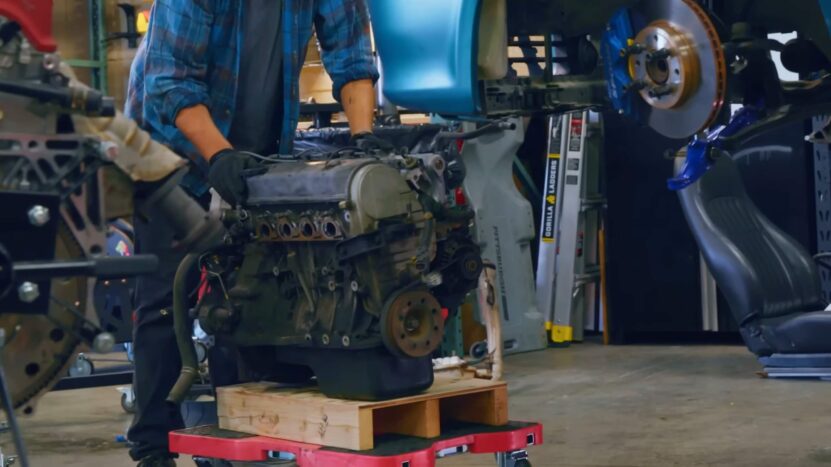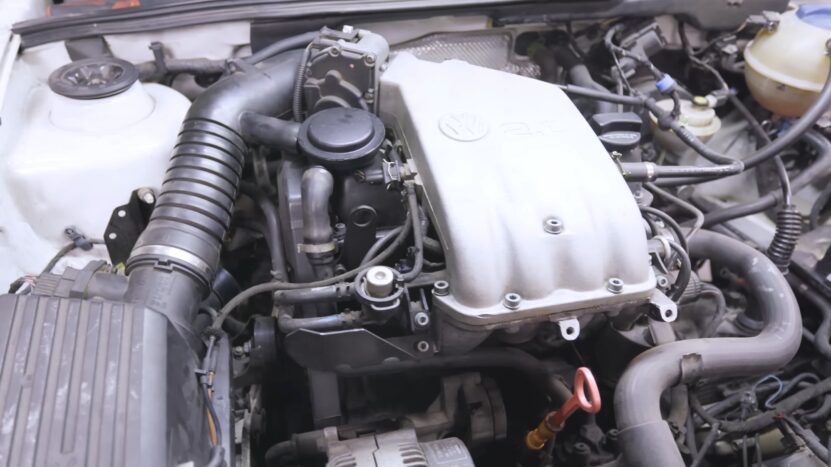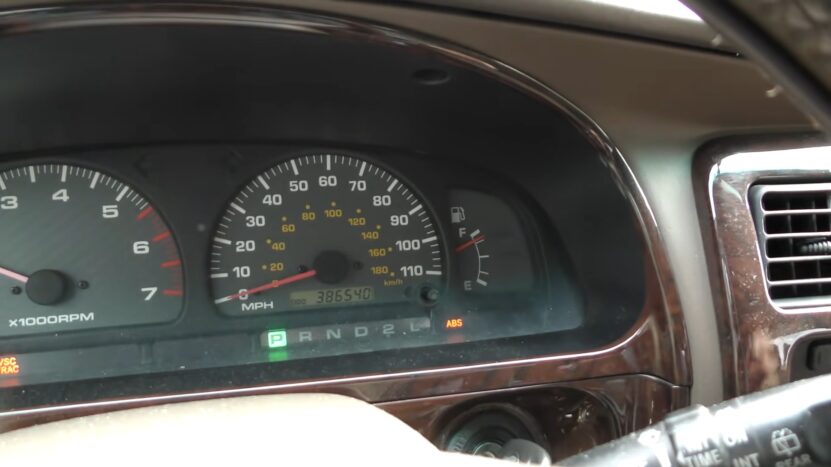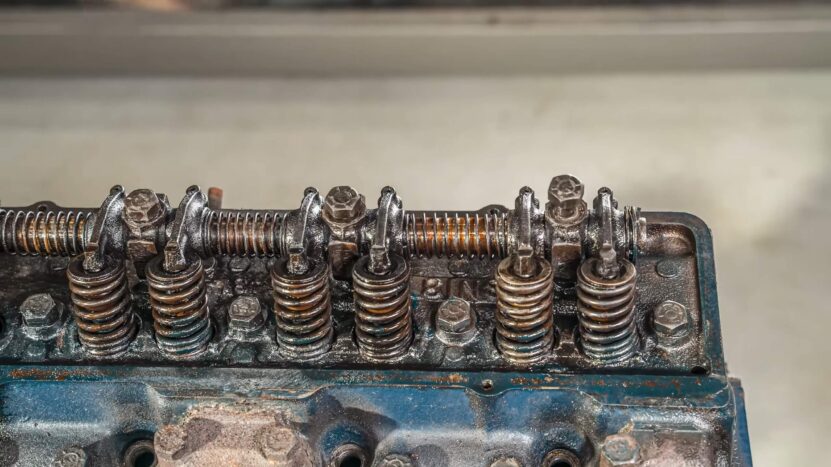In an era where cost-effectiveness and sustainability are paramount, the debate between purchasing used motors versus new ones is more relevant than ever. This comprehensive blog post delves into the intricacies of this choice, examining various facets to inform and guide potential buyers.
The Cost-Benefit Analysis of Engine Replacement

When it comes to engine replacement, the financial aspect cannot be overlooked. A new engine for a car like a 2009-2011 Ford Focus might cost around $4,000, not including labor and other associated costs.
This price point is significant, especially when you consider the total value of the car. For a vehicle valued at $8,000, spending half its worth on a new engine raises questions about cost-effectiveness.
The Alternative: Opting for Used Motors
On the other side of the spectrum, used motors present a financially attractive alternative. For instance, a used motor for the same Ford Focus model might start at just $350 – a fraction of the cost of a new engine. This stark difference in price points makes used motors an appealing option for many car owners, especially when budgets are tight.
Is Buying a Used Engine Worth It?

The cost difference between a new engine and a used motor is so substantial that it tilts the scale in favor of the latter. A new engine, contrary to popular belief, often doesn’t come fully equipped with necessary accessories, adding to the overall cost. On the other hand, a used motor, while requiring some preparation and additional parts, still works out to be significantly cheaper.
Preparing for Use
Used motors, once procured, do require some degree of preparation before installation. This might include replacing gaskets, engine thermostats, and potentially timing gears or chains. However, these additional steps and costs are also applicable to new engines, making them a general maintenance expense rather than a unique drawback of used motors.
Longevity and Performance of Used Motors

The lifespan is a crucial consideration. While predicting the exact longevity is challenging, with proper care and maintenance, a used motor can last between 80,000 to 120,000 miles. This estimate is based on the life expectancy of new engines and adjusted for the used condition of the motor.
Performance Considerations
Performance is another critical aspect. A well-maintained motor can perform nearly as well as a new one, especially if it has been thoroughly inspected and refurbished as per industry standards. This makes used motors not just a budget-friendly option, but also a reliable one in terms of performance.
Environmental Impact of Choosing Used Motors
Choosing a used motor has environmental benefits. It reduces waste by reusing existing resources, thereby contributing to sustainability. This aspect aligns with the growing global emphasis on environmental consciousness and responsible consumption.
The Carbon Footprint of Manufacturing New Engines
The manufacturing process of new engines has a significant carbon footprint, involving resource extraction, manufacturing, and transportation. Opting for a used motor circumvents much of this process, thereby reducing the overall environmental impact associated with engine replacement.
The Reliability of Used Motors
The reliability of motors largely depends on the quality standards maintained during their refurbishment and inspection. Reputable suppliers often put these motors through rigorous testing to ensure they meet high performance and safety standards. This process includes checking for any potential defects and ensuring that the engine is in good working condition.
The Myth of “Used” Meaning “Worn Out”

It’s a common misconception that motors are significantly “worn out.” However, many engines come from vehicles that have been totaled due to exterior damage while the engine is still in excellent condition. These motors often have plenty of life left in them and can serve as a dependable engine for another vehicle.
The Economic Benefits of Buying Used
The most apparent economic benefit of opting for a used motor is the immediate cost savings. As illustrated earlier, the price difference between new and used motors can be substantial, allowing car owners to allocate their financial resources more effectively.
Long-Term Financial Planning
Investing in motor also has long-term financial implications. Lower initial costs mean less debt or financial strain. Moreover, if the vehicle is not intended for long-term use, investing in a cheaper engine can be a more practical decision, reducing the depreciation and overall investment in the vehicle.
Warranty and Support
Many people overlook the fact that used motors can come with a warranty. While the warranty period might not be as extensive as that for a new engine, it often covers enough time to ensure the engine is in good working condition. This warranty can provide an added layer of security and confidence in the purchase.
Support and Customer Service
Purchasing motor from a reputable dealer often comes with customer support. This support can be invaluable for addressing any questions or concerns that may arise during the installation or initial use of the motor. Good customer support can significantly enhance the overall experience of purchasing and using a used motor.
The Impact of Technology
Technological advancements have significantly improved engine longevity and durability. This means that modern used motors often have a lot more life in them compared to older models. These advances also make it easier to find parts and service for used engines, further extending their usability.
Availability of Information and Reviews
The internet has made it easier to research and find reliable used motors. Online reviews, forums, and databases provide a wealth of information on various engine models, their common issues, and longevity. This abundance of information helps buyers make more informed decisions when selecting a used motor.
Legal and Regulatory Considerations

When purchasing a used motor, it’s crucial to ensure that it complies with the relevant emission standards. This compliance is not only important for environmental reasons but also to avoid legal issues that could arise from using a non-compliant engine.
The Importance of Proper Documentation
Proper documentation is essential when buying a used motor. This includes the history of the engine, any refurbishments it has undergone, and its compliance with legal standards. Having complete and accurate documentation helps in verifying the quality of the purchase and ensuring that it meets all legal requirements.
FAQ
Can I install a used motor myself?
Self-installing a used motor is possible if you have the necessary mechanical skills and tools. However, it’s recommended to seek professional help to ensure proper installation and avoid potential issues.
How do I verify the history of a used motor?
Request documentation from the seller, including maintenance records and any refurbishments. Vehicle history reports and engine serial numbers can also provide valuable information.
Are there any specific brands known for reliable used motors?
Reliability varies by model and usage rather than brand. Researching individual models and their track records is more beneficial than focusing on brands.
How does mileage affect a used motor’s quality?
Higher mileage typically indicates more wear and tear, but proper maintenance can mitigate these effects. Always consider mileage in conjunction with the motor’s overall condition and maintenance history.
What are common pitfalls to avoid when buying a used motor?
Avoid motors without clear history or documentation, those from unreliable sources, or with signs of significant wear and unaddressed mechanical issues.
Can a used motor affect my car’s resale value?
It can, depending on the buyer’s perception. However, if the motor is in good condition and properly installed, this impact can be minimal.
Conclusion
In summary, buying a used motor instead of a new one offers a multitude of advantages, including significant cost savings, environmental benefits, and often comparable reliability and performance. With careful selection and proper maintenance, a used motor can be an excellent investment for any car owner looking to replace their engine efficiently and economically.
In the subsequent sections, we will delve into specific scenarios, maintenance tips, and detailed case studies to further guide you in making the best decision for your automotive needs. Stay tuned!
